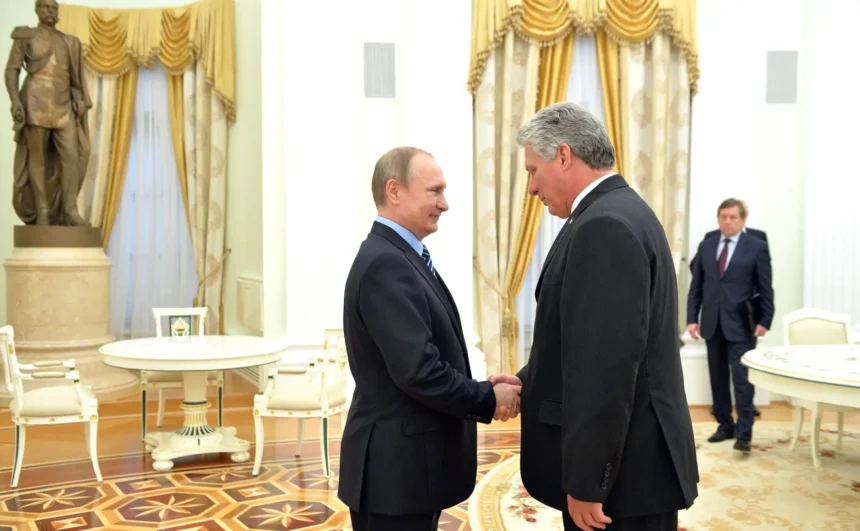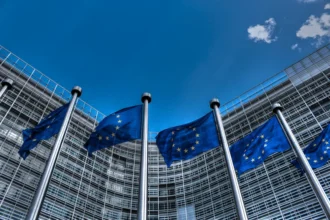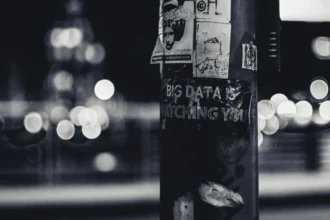The war in Ukraine has not only captured global attention for its brutality and ethical complexities but has also revealed lesser-known facets that raise serious questions. Among these is the involvement of Cuban mercenaries fighting alongside the Russian army. In a world where ethical and political lines are increasingly blurred, the participation of these individuals opens a Pandora’s box of dilemmas.
The Cuban regime’s oppressive environment, Russia’s manipulative recruitment tactics, and the international community’s inaction all converge to create a volatile mix. This situation not only casts doubt on the commitment of various actors to human rights and ethical conduct but also adds layers of complexity and despair to an already intricate geopolitical landscape.
Cuban Context: A Breeding Ground for Desperation
Cuba has been under a dictatorship since the 1959 revolution led by Fidel Castro. Initially welcomed with optimism, the regime quickly turned authoritarian. Political and civil liberties were restricted, leading to a stagnant economy and making emigration an escape route for many.
The Russian government employs manipulative tactics that exploit the vulnerability of young Cubans.
The economic situation in Cuba is particularly bleak, largely due to the government’s mismanagement. Despite its rich culture and natural resources, the island has struggled economically. The government has failed to invest in key sectors, and corruption is rampant. A stifling bureaucracy has further contributed to economic stagnation.
In this climate of poverty and limited opportunities, Cuban youth are especially desperate. Higher education, while accessible, rarely leads to well-paying jobs. The average salary is about 15 dollars a month, hardly enough to meet basic needs. The absence of political and expressive freedoms adds to the sense of despair. It’s common for young Cubans, particularly those who are educated and skilled, to seek an escape from this oppressive reality.
This environment of desperation provides fertile ground for Russia to recruit mercenaries. Young Cubans, stifled by a lack of opportunities and freedoms, become easy targets for a regime offering an escape, even if it means participating in a distant and ethically dubious military conflict.
The Russian Trap: False Promises and Harsh Realities
Russia has shown a strategic interest in recruiting mercenaries for its conflict with Ukraine. Beyond simple soldier recruitment, the Russian government employs manipulative tactics that exploit the vulnerability of young Cubans. These range from offering Russian citizenship in exchange for military service to blackmailing detained Cuban migrants in Russia to join the army.
Among the promises is a salary that Cubans could never earn in their homeland. The agreements guarantee an initial lump sum of 195,000 rubles, roughly $2,000, for Cubans agreeing to work in the area of the “special military operation,” Russia’s coded term for the Ukraine conflict. They also offer starting monthly salaries of 204,000 rubles, or slightly above $2,000, based on rank, as well as various benefits for spouses and families.
Recruitment is not always transparent. Many young Cubans arrive in Russia believing they will engage in civilian work or receive vocational training. However, once on Russian soil, they face a harsh reality: either join the Russian army in its invasion of Ukraine or face detention and deportation.
A lack of transparency and misinformation heighten the situation’s complexity. Often, Cuban recruits don’t fully understand the scope of the conflict they are entering. This is evident on social media, where some Cuban mercenaries have posted photos and messages suggesting they initially didn’t know they would be part of a military invasion.
The involvement of high-ranking Cuban officials in the recruitment adds another layer of complexity. People have identified Colonel Mónica Milián Gómez, the military attaché of the Cuban Embassy in Moscow, as one of the coordinators of the recruitment network. This raises questions about the Cuban government’s complicity in this phenomenon.
The Ambiguity of the Cuban Government
The role of the Cuban government in recruiting mercenaries for the Ukraine war is notably enigmatic. While Cuban authorities have publicly stated their opposition to the island’s mercenaries participating in the war, evidence suggests a more complex reality.
Collective inaction has created a void that actors like Russia are exploiting
On one hand, the Cuban government seems to be taking steps to discourage participation in the war. On the other hand, the lack of transparency and secrecy surrounding these trials make it hard to assess the sincerity of these actions.
The Cuban government’s ambiguity not only casts doubt on its commitment to ethics and human rights but also adds to the confusion and misinformation surrounding this issue. In a context where the lack of political and expressive freedoms is already stifling, this ambiguity adds an extra layer of uncertainty and despair for young Cubans and their families.
The International Community: Missed Opportunities and Collective Responsibility
The crisis of Cuban mercenaries in Ukraine reflects poor international diplomacy and inadequate global ethics. The international community has had chances to exert more effective diplomatic pressure on the Cuban regime. Instead of allowing other global crises to overshadow the issue, bodies like the UN could have adopted resolutions that directly address human rights violations in Cuba.
When Cubans decide to enlist as mercenaries, they cross an ethical line.
Direct aid to Cubans could have better eased the desperation that drives youth to extremes like becoming mercenaries. This aid could have been designed to bypass government control, ensuring it reaches those who need it most.
Decisive global action might have reduced factors pushing young Cubans into foreign conflicts. This doesn’t mean that involvement of Cuban mercenaries in Ukraine would have disappeared entirely. Instead, it acknowledges that collective inaction has created a void that actors like Russia are exploiting.
The Individual’s Choice: Navigating Ethical Dilemmas in a Harsh Reality
Systemic factors set the stage for such choices. Yet, choosing to serve an oppressive cause still merits ethical scrutiny.
Cuba’s oppressive environment and Russia’s manipulative tactics fuel desperation. This drives some Cubans to become mercenaries. However, this context, while explanatory, should not serve as a blanket justification for the individual choices made.
When Cubans decide to enlist as mercenaries, they cross an ethical line. They become active participants in a conflict that causes widespread suffering and violates international norms. The decision to engage in such activities, even when driven by desperation, carries moral weight. It’s a choice to prioritize personal escape over the ethical implications of contributing to another country’s suffering.
Even under coercion, backing an authoritarian regime in war raises ethical questions that can’t be ignored.
While the Cuban and Russian governments bear significant responsibility for creating the conditions that lead to such choices, the individuals who make these choices also have a moral obligation to consider the broader impact of their actions.
The situation is a multi-layered ethical quagmire, where systemic failures and individual choices intersect. While it’s crucial to address the root causes that drive these desperate decisions, it’s equally important to hold individuals accountable for their actions. After all, ethical conduct is not merely a systemic issue; it’s a personal one too.
The Urgency of Coherent Ethical and Political Action
The presence of Cuban mercenaries in Ukraine unveils a complex ethical dilemma, implicating Russia, Cuba, and individual actors.
Global inaction and a lack of ethical accountability allow the exploitation of vulnerable people to persist. While the Cuban regime creates a breeding ground for extreme decisions, the international community fails to offer effective countermeasures.
Both parties share the blame and must face rigorous scrutiny. However, this reality does not absolve individuals who choose to participate in a conflict causing large-scale human suffering. Even under coercion, backing an authoritarian regime in war raises ethical questions that can’t be ignored.









